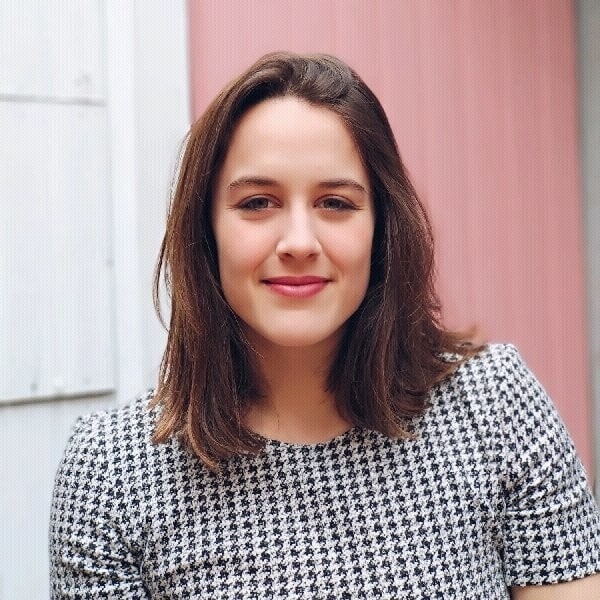Development of a New Intelligent and Predictive Tool for the Early Diagnosis and Improved Treatment of Sepsis
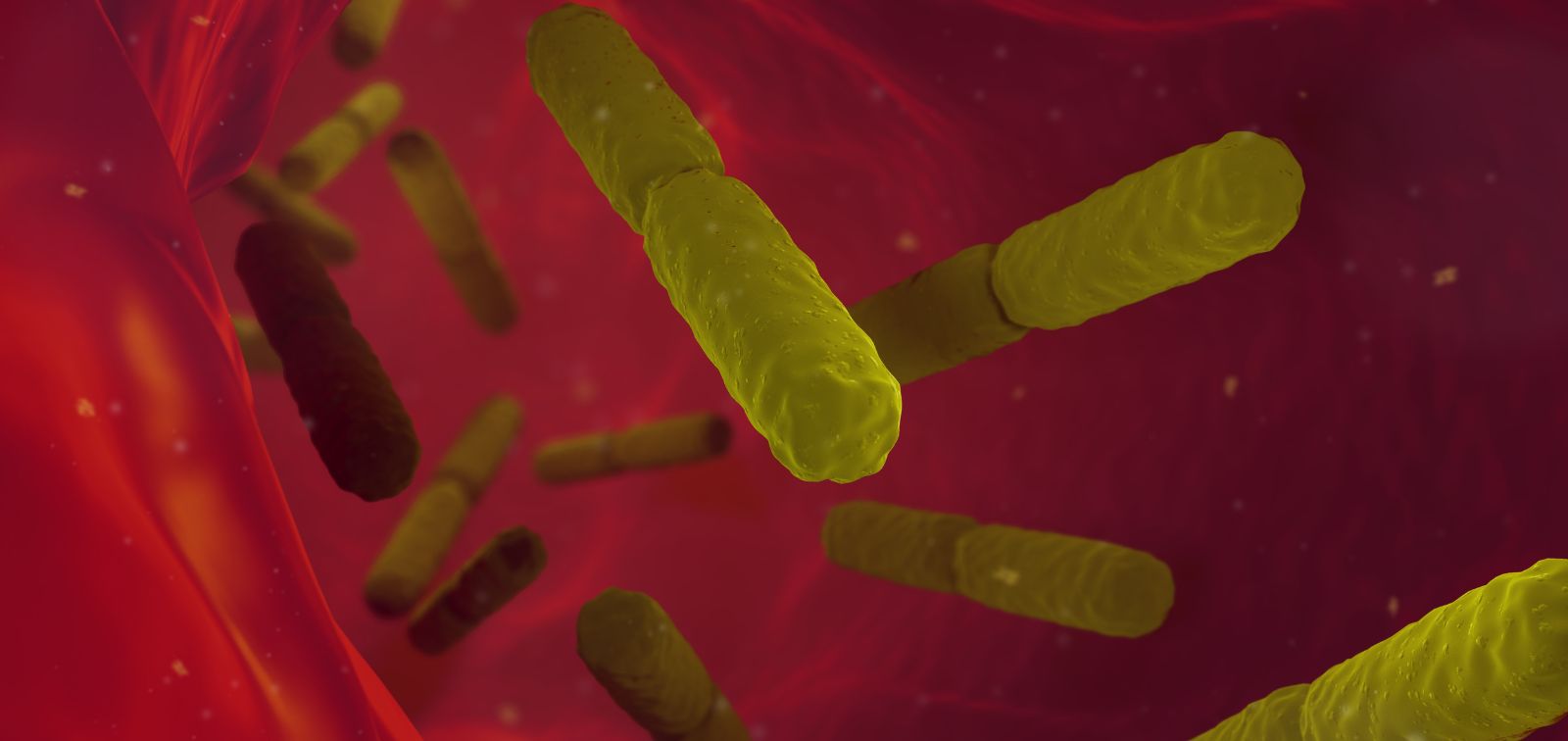
- Duration
- 14/02/2022 - 13/02/2025
- Coordinator
- Jordi Vila
- Funded by
- Ministerio de Ciencia e Innovación - Agencia Estatal De Investigación. Reference: CPP2021-008464 Call: Proyectos de colaboración público-privada
Sepsis is a serious medical condition caused by an overwhelming immune response to an infection. Sepsis is one of the greatest challenges in hospitals, where it is one of the main causes of death, accounting for 50 million cases worldwide, almost 20% of reported deaths. Some of the reasons for such increase among others, is the fact that a delay in the administration of an adequate antimicrobial treatment is directly related to the mortality of patients with sepsis and to speed the correct treatment a rapid diagnosis is needed.
Starting appropriate and effective antimicrobial treatment is crucial for sepsis survival, classifying sepsis as a highly time-dependent disease. Previous reports have shown that the chance of survival drops by 7.6% each hour of disease progression until an appropriate antimicrobial treatment is started.
The present proposal focuses on developing a totally new solution, which allows improving the diagnosis of sepsis, through an improvement in the time of detection of the disease through a better treatment of its data, and a greater knowledge of the affectation of the same through a forecasting tool based on artificial intelligence. This proposal offers a new approach to the diagnosis of sepsis and represents a complete improvement in the quality of life of patients.
The main objective of this project is the design and development of a new sepsis diagnosis and evaluation system, focusing on the early pathogen identification and their antimicrobial susceptibility, together with an immune system classifier method.
The following specific objectives are expected to be achieved within the framework of this proposal:
- Development and training of the immune response system
- Clinical trial and validation of the immune response system
- Development and validation of the detection / identification (ID) system
- Development and validation of the antimicrobial susceptibility testing (AST) system
To achieve the objectives, the project has and depends on the participation of three groups of collaborators; all of them experienced and with the necessary capacities for the development of the project and its success:
- The company DeepUll: dedicated to the development of new diagnostic models for sepsis. Its highly trained team and its dedication make the difference between other companies and the contribution to this consortium.
- ISGlobal: consolidated hub of excellence in research with expertise in infectious diseases and antimicrobial resistance. ISGlobal will participate in the sample collection, analysis and the characterization of pathogens and its antimicrobial susceptibility.
- Vall d'Hebron Research Institute: pioneering global biomedical research center dedicated to understanding the fundamentals of health and disease. VHIR will carry out the characterization of pathogens and its antimicrobial susceptibility, and to collect patients sample and clinical data and perform host response analysis.
The intellectual property strategy is to protect technology through patent applications. For this purpose, the consortium will work closely with recognized national and international patent agencies.
It is important to note that this project offers considerable profitability. With a discount rate of 15% to take into account both the risks driven by the business itself and those of product development, the net present value (NPV) would be around 406 million euros, at an IRR of 93.54% and a multiplier of 6.77 times the initial investment made. The amortization of the project is reached after the third year after the start of commercialization.
Total Funding
374.765,00
Our Team
Coordinator
-
 Jordi Vila Estapé Research Professor and Director of the Antimicrobial Resistance Initiative
Jordi Vila Estapé Research Professor and Director of the Antimicrobial Resistance Initiative
ISGlobal Team
-
Natàlia Arnalda Laboratory Technician
-
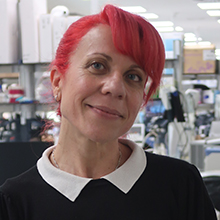 Sara Soto González Associate Research Professor and Head of the Viral and Bacterial Infections Programme
Sara Soto González Associate Research Professor and Head of the Viral and Bacterial Infections Programme -
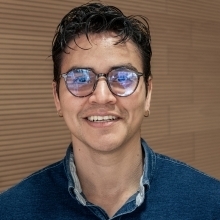 Jimmy Lucas Bioinformatician
Jimmy Lucas Bioinformatician -
Roger de Pedro Bioinformatics Technician
-
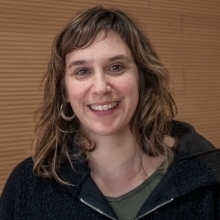 Elisabet Guiral Programme and Project Manager & Coordinator of the Antimicrobial Resistance Initiative
Elisabet Guiral Programme and Project Manager & Coordinator of the Antimicrobial Resistance Initiative -
 Núria Martín Predoctoral Fellow
Núria Martín Predoctoral Fellow



